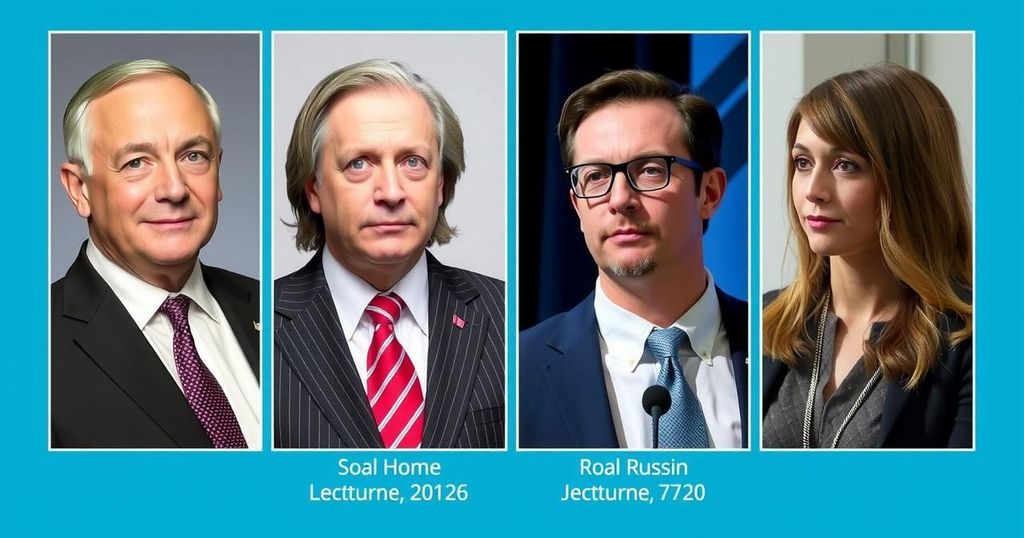Romanian Liberals’ TikTok Campaign Linked to Pro-Russia Candidate’s Rise

The Romanian National Liberal Party’s TikTok campaign has led to political turmoil following the accidental promotion of pro-Russia candidate Călin Georgescu. The campaign’s influence resulted in the annulment of the first round of presidential voting, prompting a response from the European Commission regarding social media risks in elections.
A recent investigation by snoop.ro revealed that the Romanian National Liberal Party, a center-right political group, financed a TikTok campaign that inadvertently promoted Călin Georgescu, a far-right independent candidate known for his pro-Russia stance. This campaign, which aimed to support the Liberal Party’s own candidate, Nicolae Ciuca, instead elevated Georgescu to a leading position in the presidential race. Following this situation, the Romanian constitutional court invalidated the presidential election held on November 24, raising concerns about potential foreign influence in national politics akin to that experienced by Ukraine and Moldova.
The Liberal Party’s campaign, executed by Kensington Communication, involved payments to social media influencers and the promotion of a hashtag that was manipulated to favor Georgescu. The company has announced that they will cooperate fully with any investigations to determine the integrity of the campaign, expressing concern that their original promotion material had been modified without authorization. The ramifications of this incident have thrust Romania into a serious political predicament, prompting the European Commission to investigate TikTok’s role in potential electoral manipulation as part of a broader assessment of social media’s impact on democratic processes.
In recent years, social media platforms have emerged as vital tools for political campaigning, yet they also pose significant risks for electoral integrity. The situation in Romania serves as a notable example of how a campaign can be derailed by unintended consequences stemming from the influence of online content. The electoral process is now under scrutiny, especially with regards to how digital platforms manage misinformation and the integrity of political discourse. Investigations into these matters have been prompted by alarming similarities observed in the tactics employed by foreign influence campaigns in other regions, particularly in Ukraine and Moldova.
The financial involvement of the Romanian National Liberal Party in a misleading TikTok campaign has underscored the vulnerabilities within electoral frameworks, particularly regarding the influences of social media on politics. With the invalidation of the presidential election due to these circumstances, the focus is now directed towards ensuring electoral integrity and scrutinizing how digital platforms can inadvertently promote candidates, thus impacting democratic processes. The ensuing investigation by the European Commission aims to address these pressing issues.
Original Source: www.politico.eu








